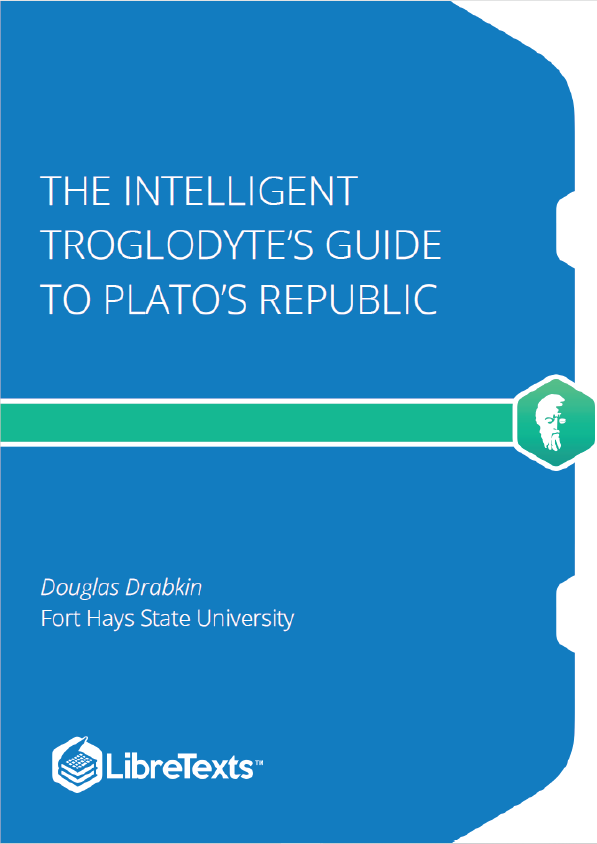The Republic of Plato is one of the classic gateway texts into the study and practice of philosophy, and it is just the sort of book that has been able to arrest and redirect lives. How it has been able to do this, and whether or not it will be able to do this in your own case, is something you can only discover for yourself. The present guidebook aims to help a person get fairly deep, fairly quickly, into the project. It divides the dialogue into 96 sections and provides commentary on each section as well as questions for reflection and exploration. It is organized with a table of contents and is stitched together with a system of navigating bookmarks. Links to external sites such as the Perseus Classical Library are used throughout. This book is suitable for college courses or independent study.
A Religious Festival in the Piraeus
See 327a-328b. The dialogue opens on a summer’s day at an unspecified time during the Peloponnesian War (431-404 BCE) in the streets of the Piraeus, the seaside port of Athens and its primary link to the outside world. Plato is writing in hindsight, years after the war. So he and his audience know things that the characters in the dialogue do not. Remarkable military blunders are to result in the fall of Athens to Sparta and the Peloponnesian League. An oppressive anti- democratic government known as “the Thirty” is to come to power. The wealth of the house of Cephalus is to be confiscated. Lysias is to be driven into exile. Niceratus is to be put to death. Polemarchus is to be put to death. The Thirty are themselves to be overthrown, only to be replaced by a restored democracy that in four years’ time is to try and convict Socrates for promoting unorthodox religious views and corrupting the youth. Socrates is to be put to death. Plato sets his intellectual drama against this background: ruinous war (with Athenian greed and pride at its root), civil strife, political instability, and injustice upon injustice. But in the foreground we find ourselves in a setting of apparent peace and civility. Socrates narrates in retrospect – how long after is unclear, but at least one season has gone by (see 350d). He and one of Plato’s two older brothers, Glaucon, have gone down to the Piraeus to take part in religious festivities dedicated to “the goddess.” This goddess, who is identified at 354a as Bendis, was worshipped by the Thracians, allies of Athens during the war. The worship of Bendis may have been instituted in Athens in support of this important alliance. “Do you see how many we are?” Polemarchus asks, playfully. “Certainly.” “Well, then, either you must prove yourselves stronger than all these people or you will have to stay here.” “Isn’t there another alternative still: that we persuade you that you should let us go?” “But could you persuade us, if we won’t listen?” Socrates is evidently on good terms with Polemarchus and the others. And yet, one is reminded through this interchange how people deaf to rational persuasion can band together and wield political power.
- How is persuasion different from coercion?
- Is it possible to persuade a person who refuses to listen?
- How does religious ceremony benefit people?
- When if ever are innovations in religion appropriate?



